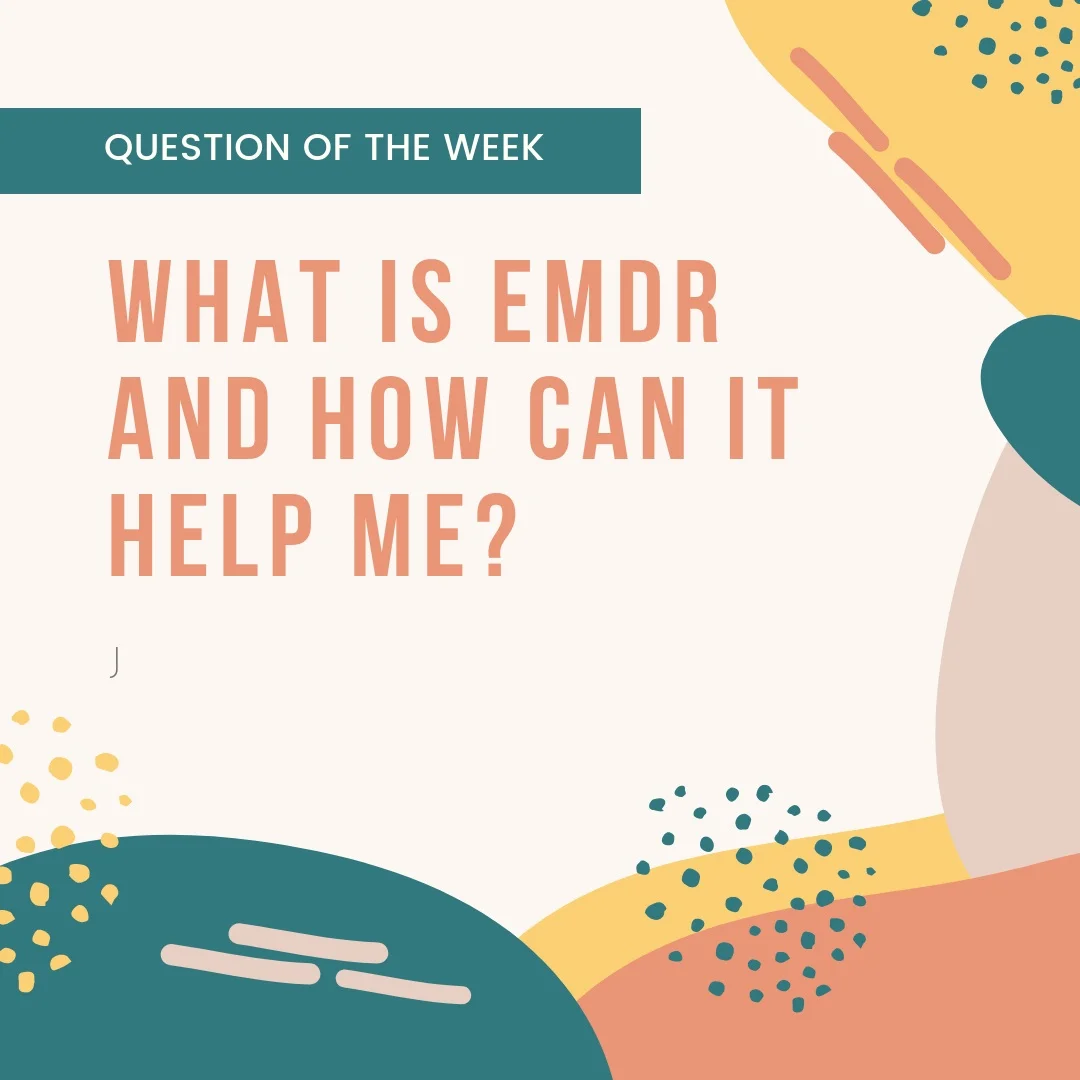In the past several weeks, I’ve learned that many of the “thoughts” I was having were actually mental compulsions. I — like many others — had always associated the disorder with compulsive behaviors like washing one’s hands, counting floor tiles, or checking to see if a door was locked. But for those with Pure OCD or Pure O (nicknames for a subset of the disorder that don’t present physical behaviors), compulsions may be “rumination, mental reviewing, avoidance, reassurance seeking, or compulsive checking,” explains Chrissie Hodges, a mental health advocate and author Pure OCD: The Invisible Side of Obsessive-Compulsive Disorder. The way I reviewed situations to determine how I felt or recall what I did, the way I asked loved ones for definite, concrete answers, and my obsessive internet research were all anxiety-reducing behaviors. Like someone who feels the need to wash their hands in order to feel clean, I needed to do these things in order to quell my worries.
Read MorePostpartum mental health issues are fueled not only by the hormonal turmoil that women experience but also by the emotional and practical challenges of keeping a vulnerable new human alive while operating on very, very little sleep. Having a baby during a pandemic is harder. Even if everyone in the family is healthy, it’s harder. Even if the family’s financial situation has not been damaged by layoffs, it’s harder. It takes all of the challenges of parenting a newborn — the nerves, the stress, the at-times profound loneliness — and amplifies them.
Read MoreOne common symptom of COVID-19 is chest tightness and shortness of breath. As it happens, chest tightness and shortness of breath are also common symptoms of anxiety. So last week, when my chest felt tight for three days and I monitored my breath so closely that breathing started to feel unnatural, I worried, and worried some more.
Read MoreAt its core, perfectionism is striving to attain unrealistic standards based on a sense of self-worth that hinges on the expectations of others. Perfectionism is ultimately rooted in fear. Fear of rejection, fear of being an imposter, fear of getting it wrong, fear of someone seeing the real you, fear of being judged, fear of not knowing the answer, fear of failing, fear of effort, fear of it being too hard or too much. While the connection between perfectionism and anxiety is complex, perfectionism is often a sign of an underlying anxiety issue.
Read MoreOne of the first steps in learning how to cope with and heal from anxiety is identifying the cycle of anxiety that takes place in your day to day life. Understanding the anxiety cycle will help to identify the various triggers of your anxiety, recognize the unhealthy coping patterns you have developed in order to avoid feeling anxious, realize that avoiding the triggers to your anxiety may provide temporary relief, and remember that short-term relief doesn’t lead to long-term growth. Identifying how your own experience specifically fits into the cycle is one of the first steps to experiencing freedom from anxiety!
Read MoreWhen you struggle with panic, your life becomes full of fear, worried about avoiding anything that might induce another panic attach, maybe even restricting your involvement in some activities. The good news is that panic attacks response very well to counseling treatment, reach out to The Counseling Collective to learn more about our counseling process.
Read MoreEMDR therapy (Eye Movement Desensitization and Reprocessing) is an evidence based approach most commonly connected to treating trauma. Traumas like being in a car accident, unexpected or sudden death of loved one, sexual or physical assault, learning your spouse has had an affair or a porn addiction, or getting a divorce. Or for smaller traumas that build on each other like having or adopting a child, working as a nurse or doctor in a children’s hospital, relocating, planning a wedding, being bullied at school, or conflict with significant other or children.
Read MoreDoes anxiety cause sleeplessness or does sleeplessness cause anxiety? This question is forever being debated by both mental health providers and researchers alike. What we know for sure if that for some people, symptoms of anxiety like excessive fear or worrying, feelings of panic, and restlessness can get worse in the evening, which can create a cycle of being unable to fall asleep or stay asleep. When this happens, people have a tendency to becoming anxious about having anxiety about sleeping! Sounds exhausting right?!
Read More






